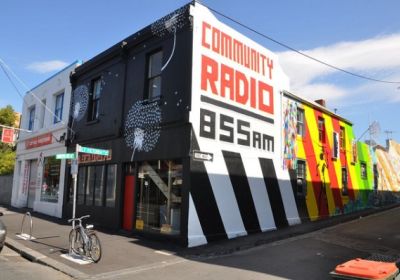
-
 From the red sands of Woomera and Alice Springs to Yeppoon in tropical Queensland, down to the urban cities and towns of the southern states, then back over to the precious West Australian coastline, 3CR’s national programs are currently being played on more than 50 of 150 community radio stations around the nation, with this number aiming to increase over the coming year. Across the station there are nine diverse programs, which are broadcast nationally on the Community Radio Network (CRN).
From the red sands of Woomera and Alice Springs to Yeppoon in tropical Queensland, down to the urban cities and towns of the southern states, then back over to the precious West Australian coastline, 3CR’s national programs are currently being played on more than 50 of 150 community radio stations around the nation, with this number aiming to increase over the coming year. Across the station there are nine diverse programs, which are broadcast nationally on the Community Radio Network (CRN). -
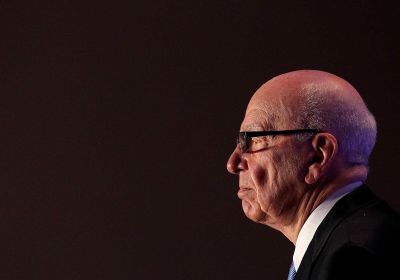 Rupert Murdoch: An Investigation Of Political Power By David McKnight Allen & Unwin, 2012 285 pages, $29.95 (pb) An adviser to the former New Labour government of Tony Blair in Britain called right-wing media tycoon Rupert Murdoch the “24th member of cabinet”. The advisor said no big decision inside No. 10 was ever made without “taking into account the likely reaction” of Murdoch.
Rupert Murdoch: An Investigation Of Political Power By David McKnight Allen & Unwin, 2012 285 pages, $29.95 (pb) An adviser to the former New Labour government of Tony Blair in Britain called right-wing media tycoon Rupert Murdoch the “24th member of cabinet”. The advisor said no big decision inside No. 10 was ever made without “taking into account the likely reaction” of Murdoch. -
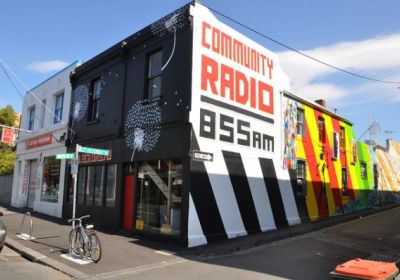 Congratulations on the launch of Green Left TV in Sydney on July 7. With the filming of the second Green Left Report in front of a live audience, it was a night to remember. Let’s hope that this is the start of something big. Community media needs our support to make it grow.
Congratulations on the launch of Green Left TV in Sydney on July 7. With the filming of the second Green Left Report in front of a live audience, it was a night to remember. Let’s hope that this is the start of something big. Community media needs our support to make it grow. -
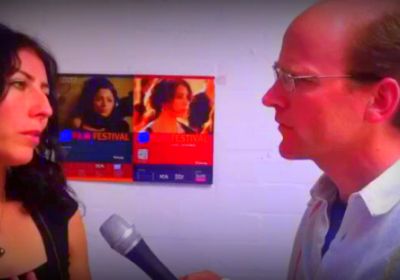
Reading this former Reuters reporter's analysis of the news industry is like watching an episode of detective series Columbo unfold. Like the seemingly innocent inspector Columbo, Patrick Chalmers at first comes across as disconcertingly naive.
-
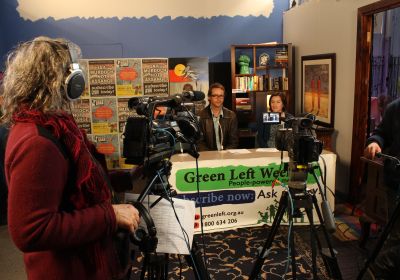
About 130 people helped officially launch Green Left TV at parties held in Sydney and Hobart on July 7. Together, the events raised close to $3000 for the new media project.
-
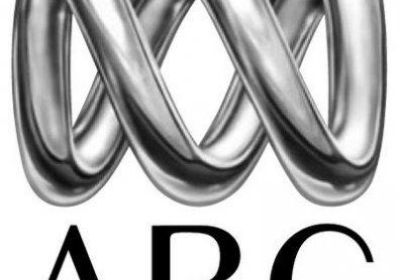 Amidst the ongoing discussion about Fairfax, Gina Rinehart and the “crisis of journalism”, the ABC celebrated its 80th anniversary on July 1. As Fairfax and News Limited cut newsrooms and erect paywalls the ABC is expanding its online and broadcast news presence.
Amidst the ongoing discussion about Fairfax, Gina Rinehart and the “crisis of journalism”, the ABC celebrated its 80th anniversary on July 1. As Fairfax and News Limited cut newsrooms and erect paywalls the ABC is expanding its online and broadcast news presence. -
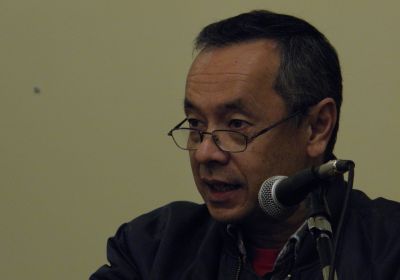 Socialist Alliance National co-convener Peter Boyle spoke alongside NSW Greens MLC John Kaye at the opening session of Green Left Weekly’s Climate Change Social Change conference in Parramatta on June 30. His speech is below. * * * I want to dedicate this little presentation to our Pakistani comrade Baba Jan — who has been imprisoned and tortured since August last year for standing up for the rights of his people from the Hunza Valley after their villages and farmlands were flooded in 2010.
Socialist Alliance National co-convener Peter Boyle spoke alongside NSW Greens MLC John Kaye at the opening session of Green Left Weekly’s Climate Change Social Change conference in Parramatta on June 30. His speech is below. * * * I want to dedicate this little presentation to our Pakistani comrade Baba Jan — who has been imprisoned and tortured since August last year for standing up for the rights of his people from the Hunza Valley after their villages and farmlands were flooded in 2010. -
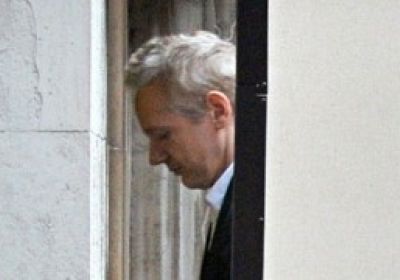 The Support Assange and WikiLeaks Coalition released the statement below on June 29. * * * Julian Assange has sought diplomatic sanctuary and political asylum with Ecuador. Why? Because he has finally given up hope that the Australian government will defend him and WikiLeaks from a relentless US-led campaign of intimidation, including:
The Support Assange and WikiLeaks Coalition released the statement below on June 29. * * * Julian Assange has sought diplomatic sanctuary and political asylum with Ecuador. Why? Because he has finally given up hope that the Australian government will defend him and WikiLeaks from a relentless US-led campaign of intimidation, including: -
Click here to make a donation online. Keep reading to find out how your financial support will help us, and what you will receive in return. For 20 years Green Left Weekly has been bringing you the news that the mainstream media won’t. Australia has the most concentrated media ownership in the Western world — and it’s getting worse.
-
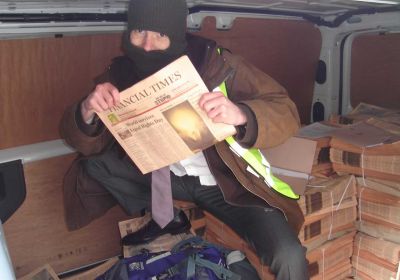
Most mainstream media journalists would kill to get one of their stories on the front page of The New York Times. But when that happened to the newspaper's Balkans correspondent in 2003, he was less than thrilled.
-
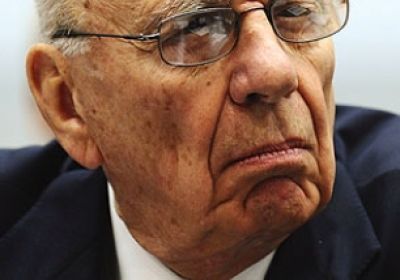
Australia is the world’s first murdochracy. US citizen Rupert Murdoch controls 70% of the metropolitan press. He has monopolies in state capitals and provincial centres. The only national newspaper is his.
-
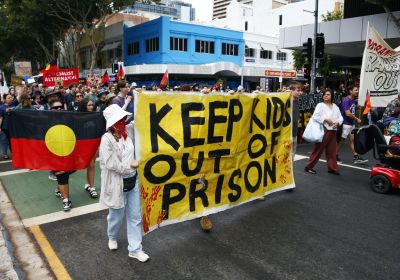
Support Green Left TV to take on the media of the corporate rich. Watch it, share it, film it and help us raise $60,000 to get Green Left TV on it's feet and covering the struggles for change across Australia and globally.